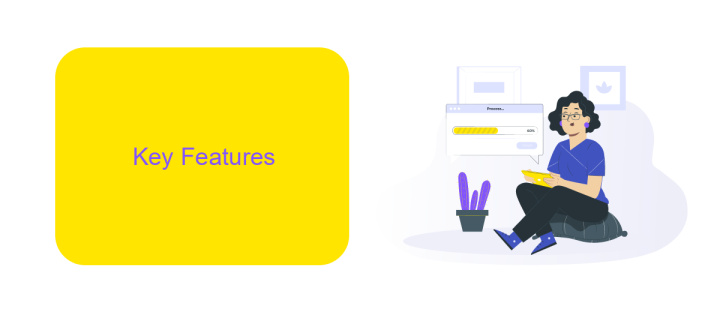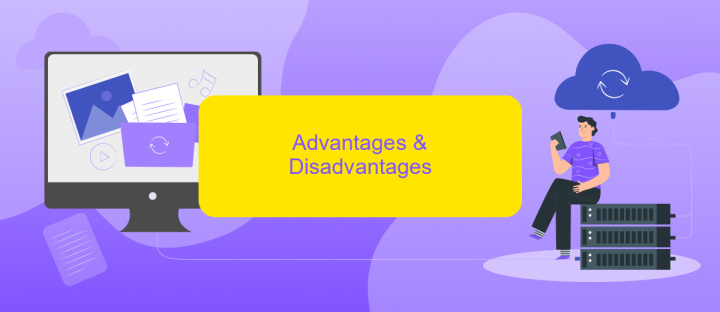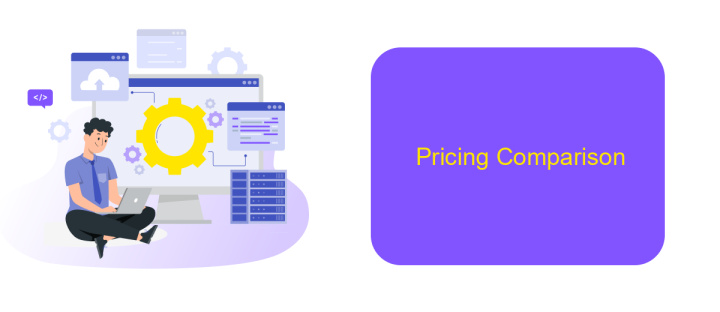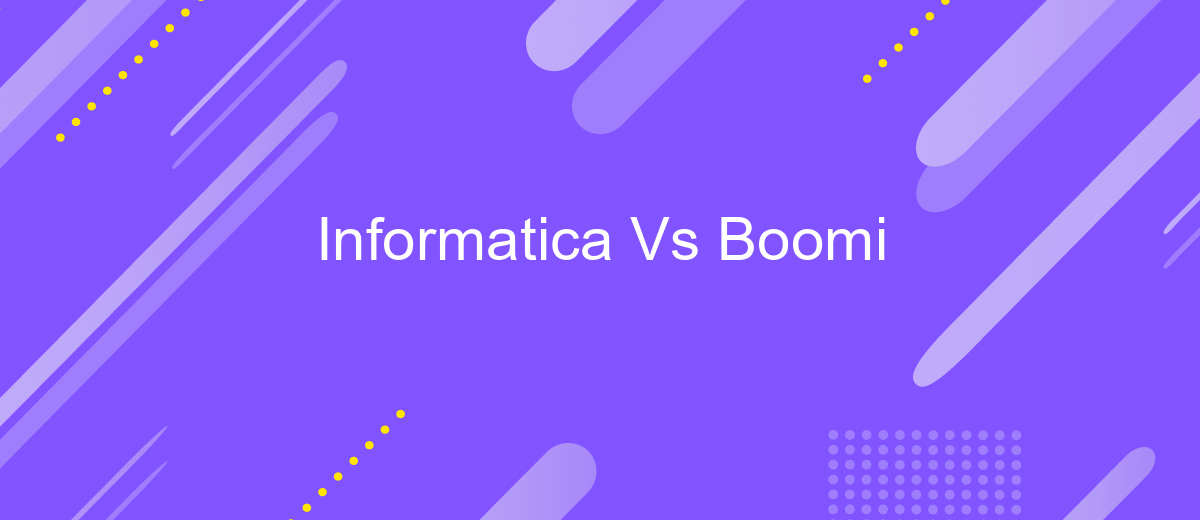Informatica Vs Boomi
In the rapidly evolving landscape of data integration and management, choosing the right platform is crucial for businesses. Informatica and Boomi are two leading solutions that offer robust capabilities to streamline data processes. This article delves into a comparative analysis of Informatica and Boomi, examining their features, strengths, and potential drawbacks to help organizations make an informed decision.
Overview
Informatica and Boomi are two leading platforms in the realm of data integration and management. Both offer robust solutions for businesses looking to streamline their data processes, but they cater to different needs and preferences.
- Informatica: Known for its powerful data integration capabilities, Informatica provides a comprehensive suite of tools for data management, including ETL, data quality, and master data management.
- Boomi: A Dell Technologies company, Boomi specializes in cloud-based integration, offering a user-friendly interface and rapid deployment capabilities. It is particularly well-suited for businesses seeking agile and scalable solutions.
When choosing between Informatica and Boomi, it's essential to consider your specific business requirements. For instance, if you're looking for a versatile integration service that supports a wide range of applications and systems, ApiX-Drive can be an excellent complementary tool. It offers seamless integration capabilities, making it easier to connect various platforms and automate workflows efficiently.
Key Features

Informatica and Boomi are two leading integration platforms, each offering a range of key features to streamline data management and connectivity. Informatica provides robust data integration capabilities, including advanced data quality tools, extensive data transformation options, and comprehensive metadata management. Its AI-driven automation and machine learning capabilities enhance data processing efficiency, making it a powerful choice for enterprises with complex data environments.
Boomi, on the other hand, excels in its user-friendly interface and rapid deployment capabilities. It offers extensive pre-built connectors and templates, enabling quick and seamless integrations across various applications and systems. Boomi's cloud-native architecture ensures scalability and flexibility, catering to growing business needs. Additionally, services like ApiX-Drive can complement both platforms by offering easy-to-use, no-code integration solutions, further simplifying the process of connecting disparate systems and automating workflows.
Advantages & Disadvantages

When comparing Informatica and Boomi, it's essential to consider their unique advantages and disadvantages to determine which platform best suits your needs.
- Informatica offers robust data integration capabilities and extensive support for various data formats, making it ideal for large enterprises with complex data environments. However, it can be costly and requires significant expertise to manage.
- Boomi, on the other hand, is known for its user-friendly interface and quick deployment, making it suitable for businesses of all sizes. It also integrates well with a wide range of applications. Nevertheless, it may not handle extremely large data volumes as efficiently as Informatica.
- Both platforms support integration with ApiX-Drive, which simplifies the process of connecting various applications and automating workflows. This can significantly reduce the time and effort required to set up and manage integrations.
Ultimately, the choice between Informatica and Boomi depends on your organization's specific needs, budget, and the complexity of your data integration requirements. Evaluating these factors will help you make an informed decision.
Pricing Comparison

When comparing the pricing of Informatica and Boomi, it's essential to consider various factors such as licensing models, subscription plans, and additional costs. Both platforms offer flexible pricing structures, but they cater to different business needs and budgets.
Informatica typically provides a more traditional licensing model, which can be cost-effective for large enterprises with extensive data integration requirements. On the other hand, Boomi offers a subscription-based model, which is often more appealing to small and medium-sized businesses due to its scalability and lower upfront costs.
- Informatica: Traditional licensing, potentially higher upfront costs.
- Boomi: Subscription-based, scalable pricing.
- ApiX-Drive: Affordable integration services for various business needs.
For businesses looking for a cost-efficient way to set up integrations, ApiX-Drive offers a compelling alternative. It provides a wide range of integration services at competitive prices, making it an excellent choice for companies seeking to streamline their data workflows without breaking the bank. Ultimately, the best choice depends on your specific business requirements and budget constraints.
Use Cases
Informatica excels in complex data management scenarios, making it ideal for large enterprises dealing with vast amounts of data across multiple systems. It is particularly useful for industries such as finance, healthcare, and retail, where data accuracy and compliance are paramount. Informatica's robust data integration capabilities allow for seamless data migration, data warehousing, and big data analytics, ensuring that businesses can harness their data effectively to drive decision-making and maintain regulatory compliance.
Boomi, on the other hand, is well-suited for organizations looking for a more agile and user-friendly integration platform. Its cloud-native architecture and intuitive interface make it an excellent choice for small to medium-sized enterprises aiming for quick deployment and easy management of integrations. Boomi shines in connecting cloud applications, on-premises systems, and various data sources with minimal coding required. For businesses seeking to streamline their integration processes, tools like ApiX-Drive can further enhance Boomi's capabilities by offering automated workflows and real-time data synchronization, ensuring that all systems remain up-to-date and operational without manual intervention.
FAQ
What is the primary difference between Informatica and Boomi?
Which platform is better for real-time data integration?
How do Informatica and Boomi handle scalability?
What are the typical use cases for Informatica and Boomi?
Is there a service that can help with implementing and setting up integrations for these platforms?
Do you want to achieve your goals in business, career and life faster and better? Do it with ApiX-Drive – a tool that will remove a significant part of the routine from workflows and free up additional time to achieve your goals. Test the capabilities of Apix-Drive for free – see for yourself the effectiveness of the tool.

